Mangaluru, May 25: Registering their protest against the “communal and anti-people policies” of Narendra Modi led union government, the workers of Left parties staged a rally in Mangaluru.
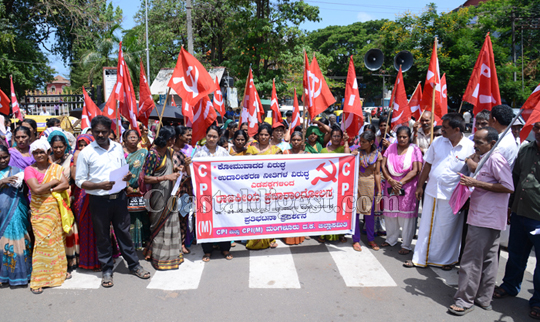
The rally was jointly organised by the Dakshina Kannada district committees of Communist Party of India (Marxist) and Communist Party of India as a precursor to mammoth protest rally planned by the Left parties in Bengaluru on June 6.
Speaking on the occasion, CPI district secretary V Kukyan said the BJP led NDA government which already two years at the centre have belied all promises made to their respective electorate.
He said that the government's policies had left the poor and the deserving sections of society in a rather piquant situation.
“Team Modi is catering to the interests of the capitalists ignoring the interests of both farmers and the labour class, he said adding the state government too has failed in providing even basic minimum amenities to the people that expected it,” he said.
The BJP that promised to bring back black money stashed in tax havens abroad prior to the elections has failed miserably in this regard. Corporate borrowers owe Indian banks nearly Rs 3-lakh crore, he said adding nationalized banks have already declared this as non-performing assets. The union government also failed to stop liquor baron Vijay Mallya from fleeing the country and being brought to justice here, he noted.
CPM district secretary Vasanth Achary said it is the corporates who are reaping the benefits of Indian independence and not poor people.
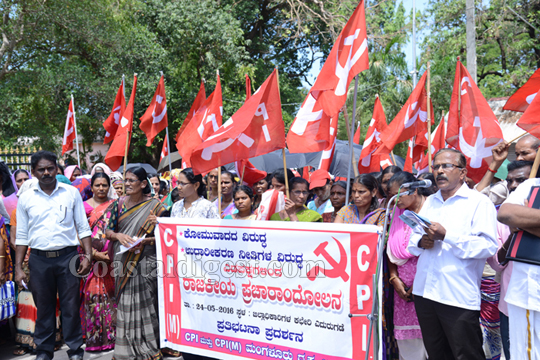
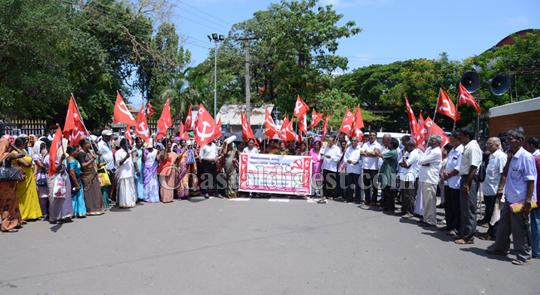
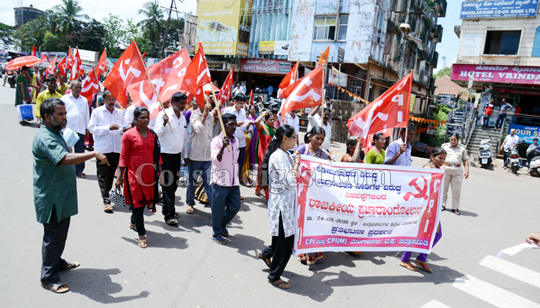
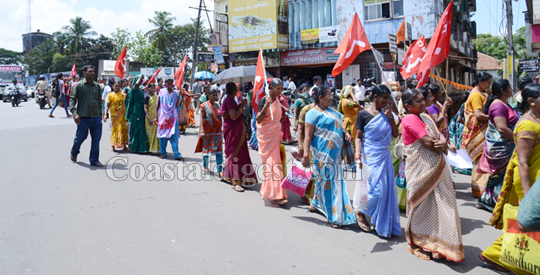
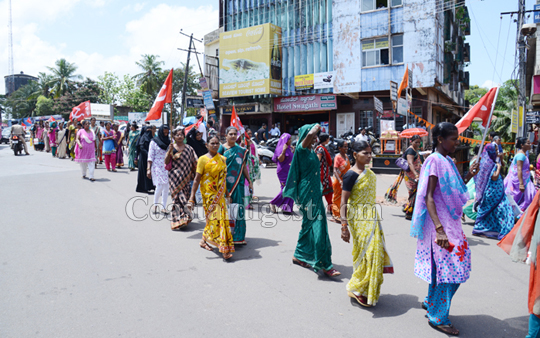




Comments
Ok. Ok. Cha pardh illade pole.
Good move. Though the main opposition party Congress is doing very very less effort to counter communalism of Modi Government.
Atleast Khanayya Kumar voice heard more than entire Congress party.
good move CPI (M). Keep it up.....
Add new comment